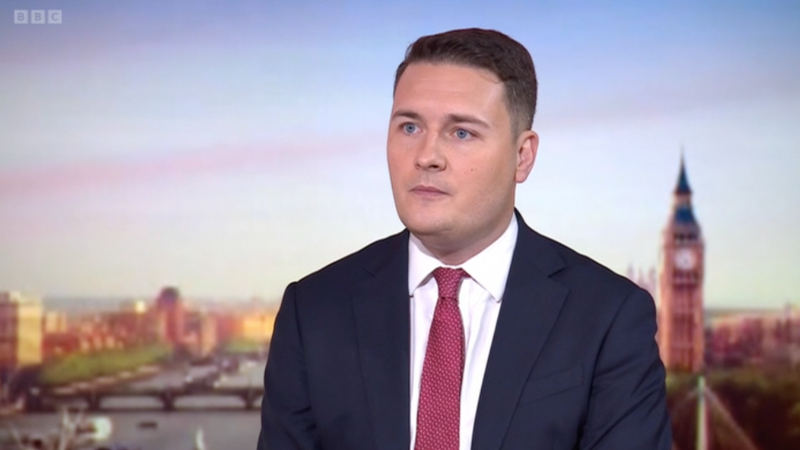
Wes Streeting has pledged to maintain key standards for patients and argued that targets are “vital” to ensure people get the care they need amid speculation that the government may scrap certain national NHS targets.
Speaking at the Institute for Public Policy Research (IPPR) this afternoon, the Shadow Health Secretary said: “After years of failing to meet the standards that are supposedly guaranteed to patients, the government is now looking to water down or scrap standards altogether.
“The answer is cutting waiting times, not cutting standards for patients. I won’t expect trusts to begin meeting targets which haven’t been met for years on day one of a Labour government. But nor will I pretend they aren’t vital to ensure patients get the care they need, when they need it.
“We will keep standards which are important for keeping patients safe and improving outcomes, and we will meet them. The next Labour government will agree a plan with the NHS to bring down waiting times to safe and acceptable levels and begin working towards them straight away.”
Chancellor Jeremy Hunt launched a government review of NHS integrated care systems in his autumn statement in November. The review will consider “how best to cut through red tape and boost efficiency, financial accountability and autonomy, with fewer national targets”.
In an interview with Sky News, Steve Barclay said he wanted the NHS to have “fewer targets” though he added: “No one is suggesting we don’t have any targets.” The Health Secretary argued that local health service leaders are “better able to tailor the priorities for their local needs.”
Labour is committing to maintaining waiting times standards that evidence shows are linked to better outcomes for patients, such as ambulance response times, A&E waits and cancer treatment. The party said it is not committing to keeping all administrative targets that do not impact patient care.
Labour said today it would look to meet NHS targets on waiting times in part through its plan to boost the health service workforce, which was set out at party conference earlier this year.
Labour’s proposals include doubling the number of medical school places in order to train 15,000 new doctors a year, training 10,000 additional nurses and midwives each year, doubling the number of district nurses qualifying every year and creating 5,000 new health visitors.
The party would fund its plan by scrapping the non-dom tax status, which allows individuals to avoid paying UK income tax. A Labour motion proposing that the tax status be abolished to fund investment in the NHS workforce was debated in the Commons on Tuesday and passed unopposed.
Figures released by NHS England in November revealed that a record number of people were waiting at least four hours in A&E – hitting 150,922 in October, up from 131,861 in September. A total of 43,792 people waited longer than 12 hours in October, up 34% on the previous month.
The operational standard for A&E waiting times – introduced by Labour in the early 2000s – is that at least 95% of patients should be admitted, transferred or discharged within four hours.
According to a King’s Fund report in May, the NHS has not met the four-hour standard at national level in any year since 2013/14, and the standard has been missed in every month since July 2015.
The think tank said waiting times have “worsened substantially” in recent years and attributed the decline to a “decade of funding settlements that failed to keep up with demand for services and growing staff shortages”.
The number of vacancies in the NHS hit a record high of more than 130,000 earlier this year. Commenting at the time, NHS Providers interim chief executive Saffron Cordery said the figures were “staggering” and “further proof that the NHS simply doesn’t have enough staff to deliver everything being asked of it”.




More from LabourList
‘The hope that kills you’: Reflections from the final day in Gorton and Denton
MPs, union leaders and organisations react to ‘bruising’ Gorton and Denton result
A gory night for Labour